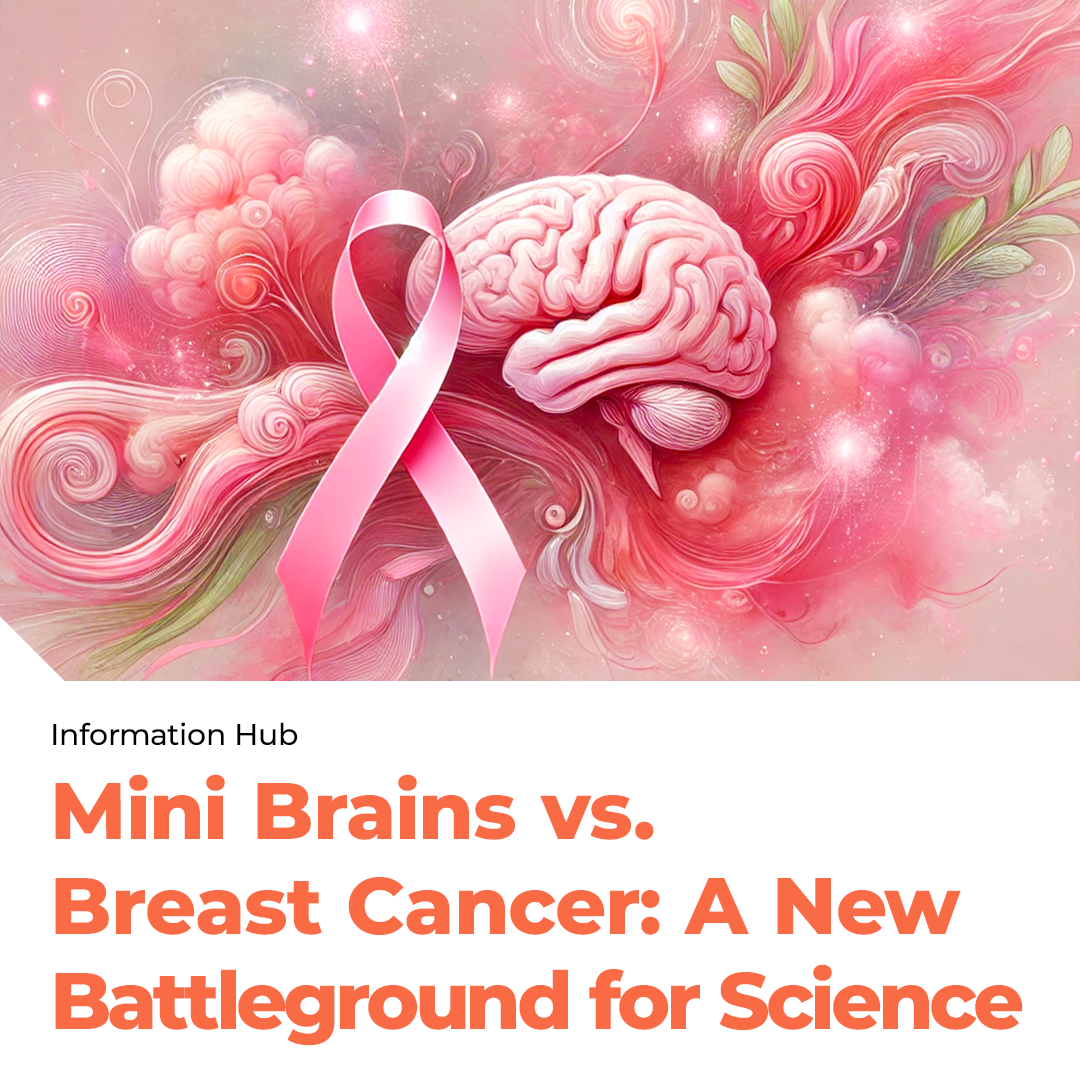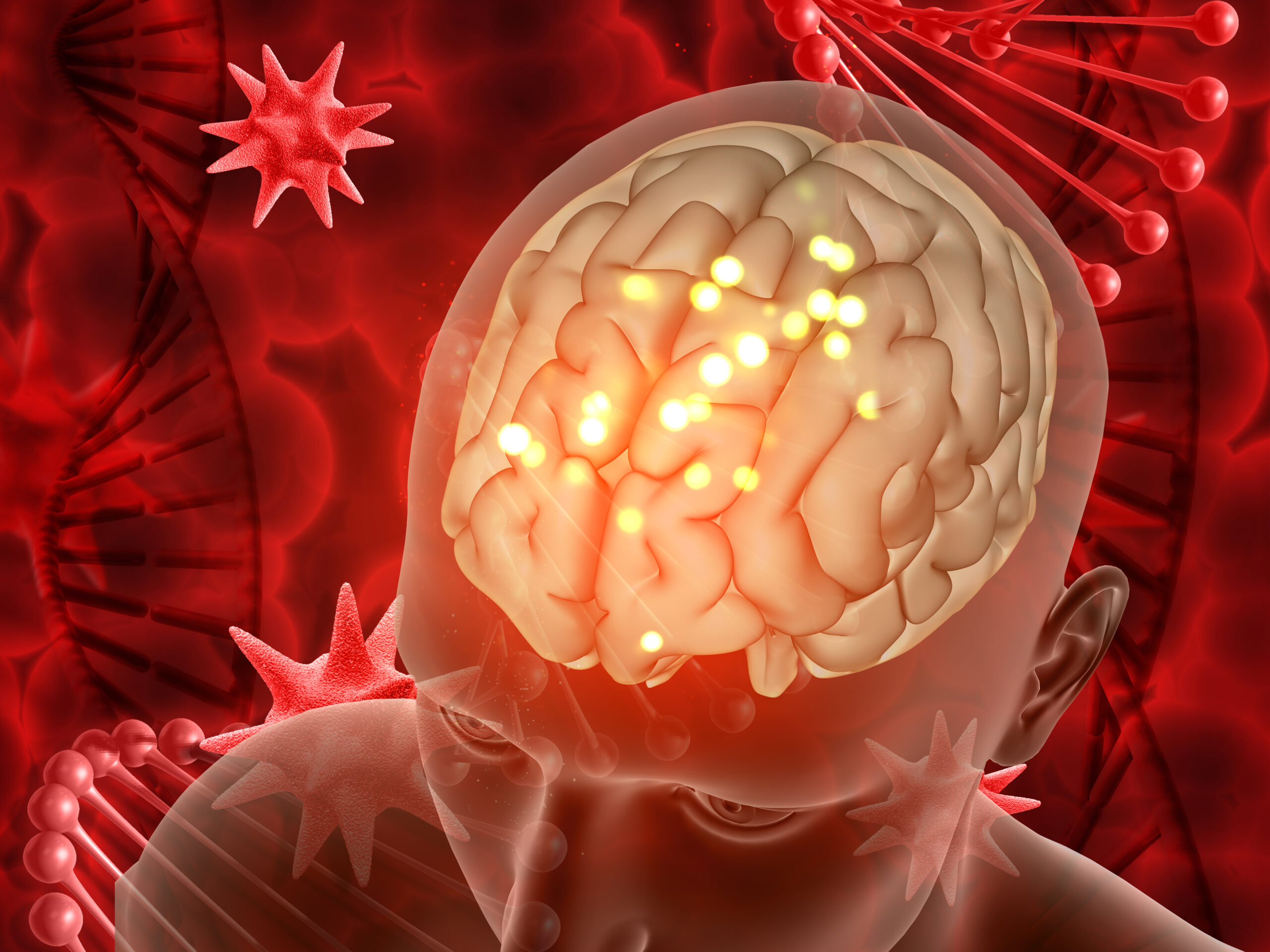Metastasis, the spread of malignant cells to secondary sites, causes over 90% of cancer-related deaths. Breast cancer, the most common and deadliest cancer in U.S. women, leads to brain metastasis in 10-16% of patients. Current treatments for breast cancer brain metastasis (BCBM) are palliative due to limited understanding of its molecular and cellular mechanisms.
Previous BCBM research used rodent neural cells or brain slices. To address the need for human-relevant models, researchers developed human embryonic stem cell-derived cerebral organoids co-cultured with human breast cancer cell lines, including MDA-MB-231 and its brain metastatic derivative, MDA-MB-231 Br-EGFP, as well as MCF-7, HCC-1806, and SUM159PT. This 3D co-culture platform allowed investigation of the interaction between breast cancer cells and neural cells.
The study found that MDA-MB-231 and SUM159PT cells formed tumor colonies in the organoids, with MDA-MB-231 Br-EGFP cells showing a higher invasion and expansion capacity. This co-culture model effectively identifies the brain metastatic potential of breast cancer cells, aiding the study of the human tumor microenvironment.
Keywords: human cerebral organoid, breast cancer, metastasis





